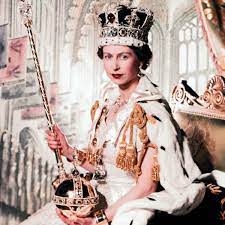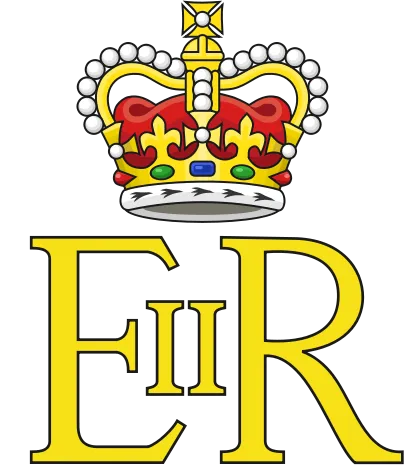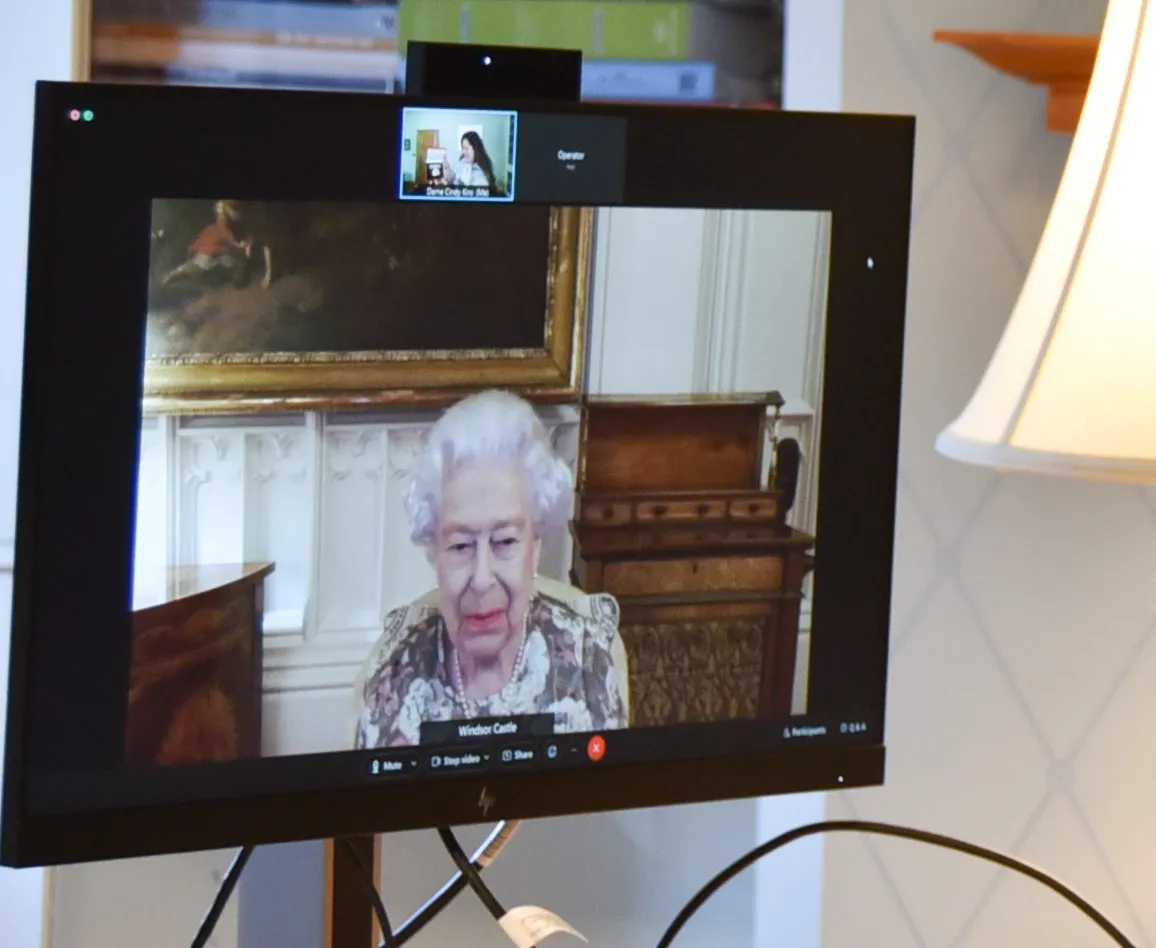It is with mixed feelings that we observe the death of Queen Elizabeth II. Although a well-loved and stately character, it is also true that under her reign the British Empire – and eventually Britain – fell apart and the monarchy lost respect among many. However, there can be no doubt that a family has lost a venerable, beloved elder, and history has lost one of the largest figures of the 20th century. There are many facets to this event, and although it is impossible to sum them all, here are some things we can expect.
Culturally speaking, just about everyone, almost without exception, who is alive today has grown up knowing no other British figurehead. Famous people become important symbols in our minds, whether we know it or not, and they become a signifier for times and places. In a way, with the death of Elizabeth II, this is the last day of the 20th century. It often happens that the first few decades of a new century are pretty much the culmination of the old one, and events occur which neatly wrap up that time and begin anew. Of course, history doesn’t really work in century-long blocks, and events simply come as they do, but generationally-speaking the beginning of a new century inevitably sees the deaths of those who remembered the times before, and so their echoes fade from our shared memory. Historically, we tend to mark particular events as the point where the torch is passed into a new time and to new historical figures, and this is one of those events. You were born too late to explore the seas, too early to explore the stars, but just in time to see the momentous turning of the wheels of history. From this point on, we can mark that the shared consciousness has changed and moved on, and we are now living in a new time where we can seek out new symbols. The cultural baggage of the 20th Century is nearly all cast off.
Politically speaking, we must expect that Charles and eventually William will take the crown in a way much similar to Elizabeth. Neither has intimated any serious desire to strengthen the monarchy’s position, and it seems likely that within our lifetimes the British royal family will become a bit like other European royal families, just a funny sort of celebrity that travels around and does things, and it’s likely that more power will be ceded such that even their symbolic roles will be done away with. Of course, being the monarchy, they own a lot of things, so it won’t be possible to completely do away with them without anything extreme first happening, but their role in administration and government may yet further diminish.
In addition to this, in the coming days many cynical opportunists will try using her death as a sign that Commonwealth countries such as Australia should now become republics, for as we have just discussed this is now a new time. This is a pet issue for those raised with a strong anti-British or anti-Imperial bent which rarely coincides with a sincerely pro-Australian bent, and it gets resurrected every decade or so despite having been rejected over and over again. Of course, the (unasked-for) changing demographics of Australia means that the attachment to Australia’s heritage through Britain, the monarch, the governor-general, and so on has been steadily weakening since World War II. Although there are legitimate reasons for and against becoming a republic, I tend to find pro-republican people very distasteful, resentful sorts, whose other aims are completely contrary to any sane persons, and so we can expect that a republic would simply be an excuse to get rid of any oversight that might otherwise prevent a Whitlam type figure from doing whatever the hell he wants. Regardless, we are indeed now living in a new time, and whatever happens we must come up with new ways to carry on the torch of our history.
From a historical perspective, there is some question as to the legitimacy or purpose of the royal family. Are they the direct descendants of the English kings of old? Or are they simply Norman usurpers? Are they wealthy German mongrels who survived the age of revolutions? The real answer is that they’re a little bit of all of that, and in a way their very existence sums up all the historical periods of the Western world in the last thousand years. Regardless of blood, they don’t rule in a familial manner as did the English kings and queens. Our word “king” comes from the Old English word cyning – which is “kin” as in people, and “-ing” as in “son of” or “born of”, so to be led by a king really means to be lead by a son of the people. I think that’s quite a powerful concept. William the Conqueror broke that idea in England, and for a while kings became autocrats and tyrants. After the 1600s and Cromwell, royalty receded again, but didn’t take up the old role and instead moved upward and out of sight. Arguably the quintessential British monarch is Victoria, under whom the Empire flowered. The role of royalty in the British Isles has evolved greatly over the centuries. It will continue to do so, for better or for worse.
The picture above really sums up the end of the 20th Century to me. There is a startling juxtaposition of unsightly electrical cables, bland, flat technological interfaces, and the incredibly ornate backdrop of her Majesty. It shows the clash between the handcrafted history and the mass produced future which we are fighting our way through. Internet video conferences, the coronavirus rigmarole, and Queen Elizabeth II – that’s the end of the 20th Century for you. The end of the 1800s was really 1918 in a way, and it seems natural that the 1900s end at a very comparable time. Although death is tragic, and there will be mourning among many, it is also an opportunity for catharsis, a shrugging off of the stale and worn, and permission to dream of something new. In the next few years, the last of the baby boomer politicians will retire, and then we’ll really be in the thick of it. The adults will have left the room, and it’ll be up to us. The arbiters of the past are no longer watching.
My final words on it are this: about half an hour before I had left work, a colleague had told me that the Queen was in hospital and the royal family was being summoned. As I rode home through the light rain, the sun shone through on the other side of the sky, and I pulled up to the traffic lights at Parliament House. As I looked up at Big Ben, with small flecks of rain brightly shining between us, somehow I just knew it had already happened and she had passed. Had it not been for coronavirus, I would not be here for it. It has been a beautiful summer in England, warmer and sunnier than usual, and it was only a few days ago that the weather turned to thunder and rain. But standing there somewhere between the sun and the rain, in that perfectly autumnal weather, I could not help but think there could scarcely be a more British day to die on.
Originally published at MikeRusade’s Micro Crusade on September 9, 2022.












